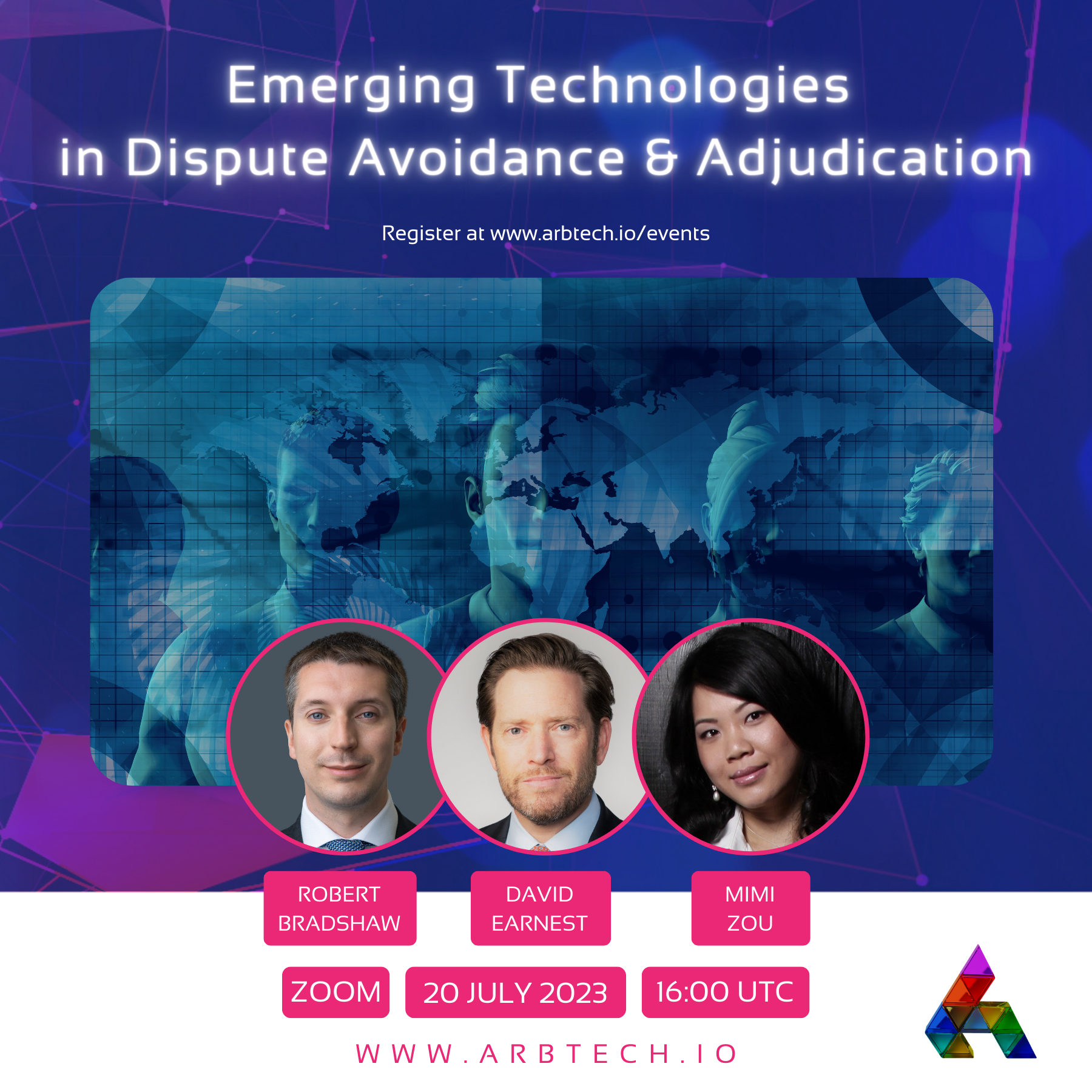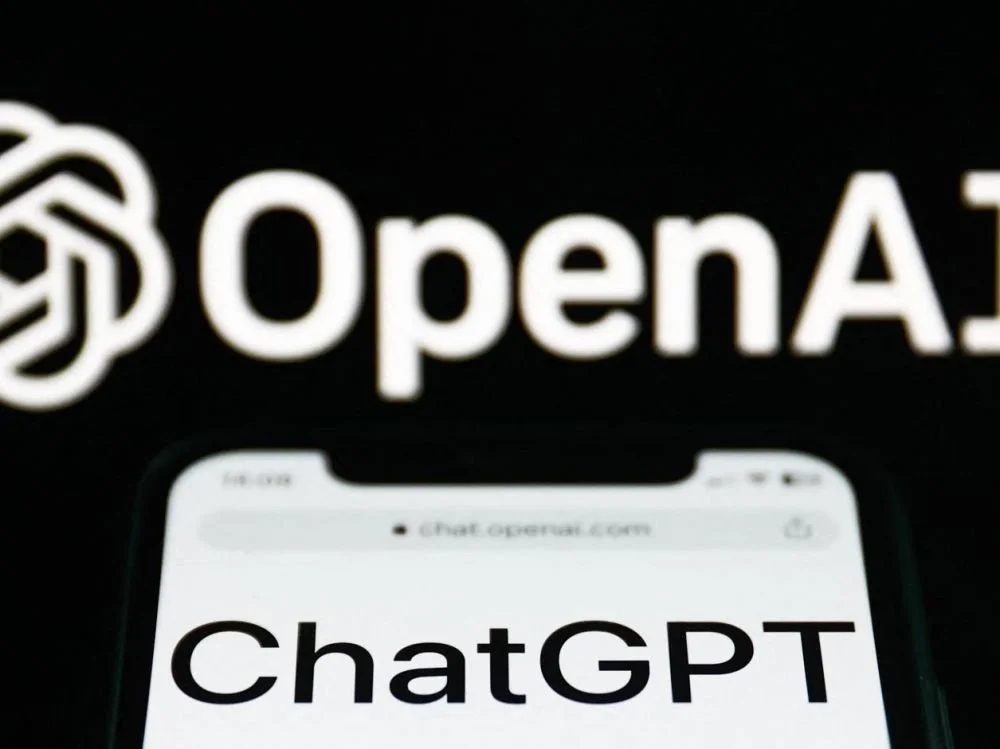The Intersection Between Tokenization of Assets and Decentralized Justice
The tokenization of assets using blockchain technology holds the promise of revolutionizing the traditional lending market and to offer alternatives for companies wanting to secure liquidity and funding.
The EU Artificial Intelligence Act and Its Impact On Arbitration Proceedings
The European Union is on the brink of a pivotal moment in technology regulation with the final stages of the Artificial Intelligence Act. This legislation is set to establish a comprehensive legal framework for AI, positioning the EU as a global leader in the governance of rapidly evolving technologies. After receiving endorsement from EU Member States and recent approval by the European Parliament's Internal Market and Civil Liberties Committees, the Act is scheduled for a parliamentary vote on 10-11 April, edging closer to its formal enactment.
Navigating Web3: Revolutionizing the Internet, Its Promise & Challenges
Web3, the blockchain-based evolution of the internet, holds the potential to reshape our digital world in profound ways. Sophie Nappert, co-founder of ArbTech, shares her insights into this transformative concept, its vast potential, and the hurdles it faces on its path to realization.
Blockchain Technology and Tokenization of Real World Assets: Insights from Ines Braganca Gaspar
In a recent session hosted by ArbTech, Inês Bragança Gaspar, a Portuguese lawyer specializing in Web 3, blockchain, and cryptocurrency, shared her expertise and ongoing research on the tokenization of real-world assets (RWAs) and decentralized justice. Her presentation delved into the basics of blockchain technology, its application in tokenizing assets, and the potential legal challenges and solutions in this emerging field.
DeFi: Estado del Arte / o Estado da Arte
The panel discussed how DeFi is changing traditional notions of finance, the current state of DeFi in Latin America and in Portugal, as well as the interaction of regulation with this developing field.
The Kleros Mediation Bridge: Blending Traditional Mediation & Blockchain Arbitration
In a recent webinar, Sophie Nappert, co-founder of ArbTech, moderated the discussion on the innovative approach to dispute resolution known as the "Kleros Mediation Bridge." The webinar featured Federico Ast (President, Kleros), and Robert Dean (Associate Director, Driver Trett). The purpose of the webinar was to shed light on how Kleros, a decentralized justice platform, could be used in the context of mediation and arbitration to streamline dispute resolution processes.
The Emergence of Network States: A New Paradigm in Governance
In recent years, the concept of network states has been gaining traction, offering a potential paradigm shift in governance and citizenship. This revolutionary idea challenges traditional notions of states and nations, offering a vision where the physical territory is not a defining characteristic of a state. Instead, network states rely on blockchain technology and a digital social contract to create a new form of community and governance.
Exploring Alternative Dispute Resolution in the Esports Industry
The esports industry has witnessed exponential growth in recent years, becoming a global phenomenon that captivates millions of fans and generates substantial revenue. As the industry continues to evolve, it faces numerous legal challenges and disputes that need to be addressed effectively. This is where Alternative Dispute Resolution (ADR) mechanisms come into play. In a recent ArbTech webinar, "eSports Disputes: What do they look like and how do we resolve them?" experts delved into the realm of ADR in the esports sector, shedding light on the unique challenges and solutions in resolving disputes within this dynamic industry.
ArbTech Lexicon: A Glossary of Key Concepts and Terminology in Law and Technology
In the rapidly evolving landscape where law and technology intersect, understanding the specialised terminology is essential for effective communication and comprehension. As innovation continues to shape the legal field, a vast array of concepts, words, and phrases have emerged, each carrying specific meanings that may not always be intuitive to the uninitiated. To bridge this gap and empower both legal professionals and curious minds alike, we present the ArbTech Lexicon.
Emerging Technologies in Dispute Avoidance and Adjudication
In a rapidly evolving world, the field of dispute resolution is also embracing technological advancements to enhance efficiency, transparency, and fairness. This exclusive ArbTech webinar highlighted the latest innovations that are reshaping the landscape of conflict avoidance and resolution.
Resolving Space Tech Disputes: Insights from Experts
The rapidly evolving field of space technology, coupled with the intricacies of international law, presents unique challenges in resolving space tech disputes. A recent discussion led by David Ernest, co-founder of Arc Tech, brought these issues into focus. He was joined by Dr. Geraldine Goh Escolar, a professor at the National University of Singapore and Deputy Secretary General of the Hague Conference in Private International Law, and Viva Dadwal, an associate at King & Spalding's New York office.
The Use of Drone-Collected Evidence in International Commercial Disputes
In this blog post, the increased use of drone-collected evidence in international disputes is discussed. Particular focus is put on the type and utility of the data derived from drones, most often in the construction and other related industries; as well as the aspects that disputes lawyers should take into account when dealing with this topic.
From 5G to ChatGPT: The Future of Technology Disputes and Legal Tech
This Young ITA panel event explored the impact of technology on the future of arbitration. Recent trends in disputes in the technology sector, as well as the use of technology within arbitration were examined.
Exploring the Boundaries of AI in Legal Disputes and Ethical Considerations
The webinar delved deep into the intricate relationship between artificial intelligence (AI) and the legal field, specifically focusing on the application of AI in resolving legal disputes and the ethical considerations that come with it. With insights from experts in the field, the session illuminated the potential benefits and challenges of incorporating AI into legal practices.
Exploring the Challenges of Bias and Lack of Transparency in AI: Implications for the Legal Industry
Artificial Intelligence (AI) has the potential to automate repetitive tasks, increase efficiencies, and reduce costs, making it an attractive option to make lawyers and legal staff more productive, and create new roles. However, AI also challenges our notions of fairness and due process, which are the cornerstones of the rule of law, and essential aspects of international arbitration. In particular, the issue of bias in AI and the lack of transparency and explainability in AI models could affect the validity and reliability of evidence obtained through AI.
How Has Technology Changed The Legal Profession? Technology’s Impact On The Future of Arbitration
The intersection between technology and law is an increasingly important area that has significant impacts on both fields. The rapid pace of technological advancement often poses legal challenges, and legal systems are required to adapt to keep pace with these developments. At the same time, laws and regulations can have a significant impact on the development and adoption of new technologies. In this article, ArbTech co-founder Sophie Nappert discusses how technology will shape the legal profession in general and arbitration in particular.
New Tech, Arbitration and the Future
Want to deepen your knowledge of the future of legaltech and arbitration? In this article, ArbTech co-founder Sean McCarthy shares his predictions regarding the impact new technology will have on dispute resolution. He also highlights the most pressing challenges that tech may have for legal proffesionals and emphasises ways in which arbitrators can benefit from innovation.
Artificial Intelligence, ChatGPT, Language and Legal Professionals
Reflections on a recent experiment with ChatGPT in mock arbitral proceedings.
Cesar Pereira and Andre Guskow Cardoso discuss the the performance of the ubiquitous large language model, ChatGPT, against a highly prepared Vis Moot team.
Six Takeaways from “Crypto Regulation: Are Service Providers and Users Ready?”
Six Takeaways from ArbTech’s webinar with barrister, Racheal Muldoon, on the field of crypto regulation and digital asset disputes.
Practical implications of ChatGPT for arbitration practitioners
What are the practical implications of ChatGPT for international arbitration practitioners? Find out here!




















